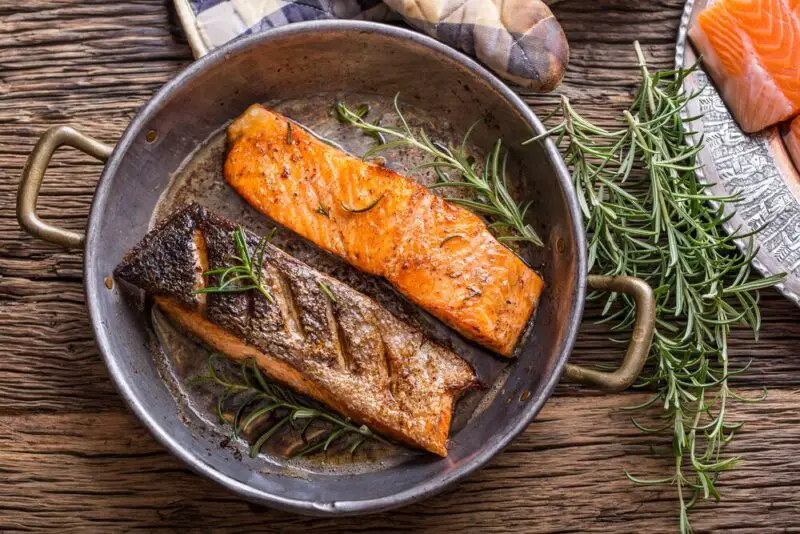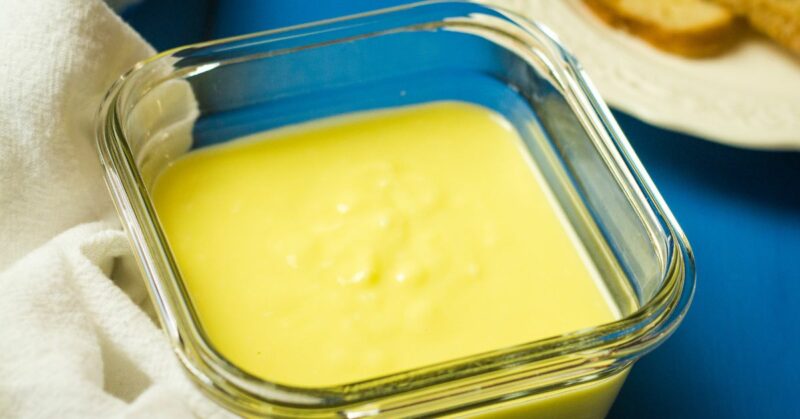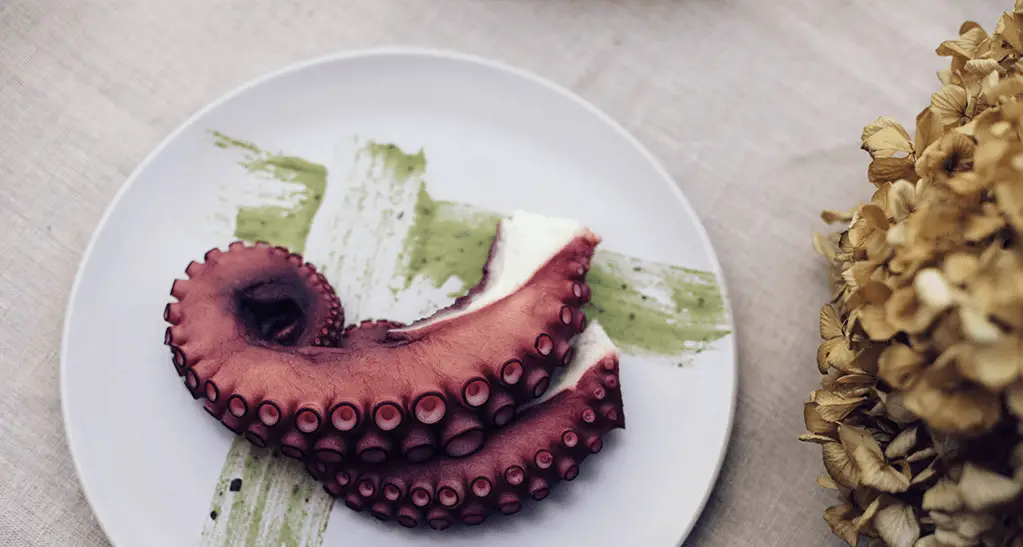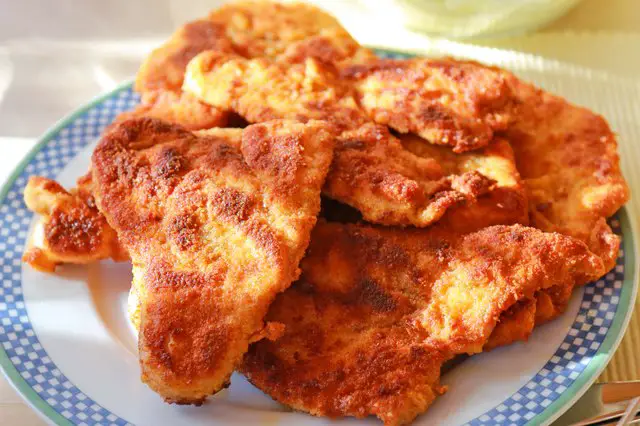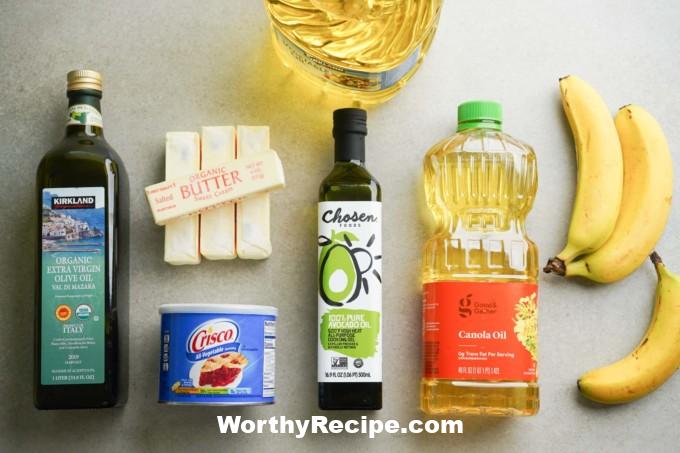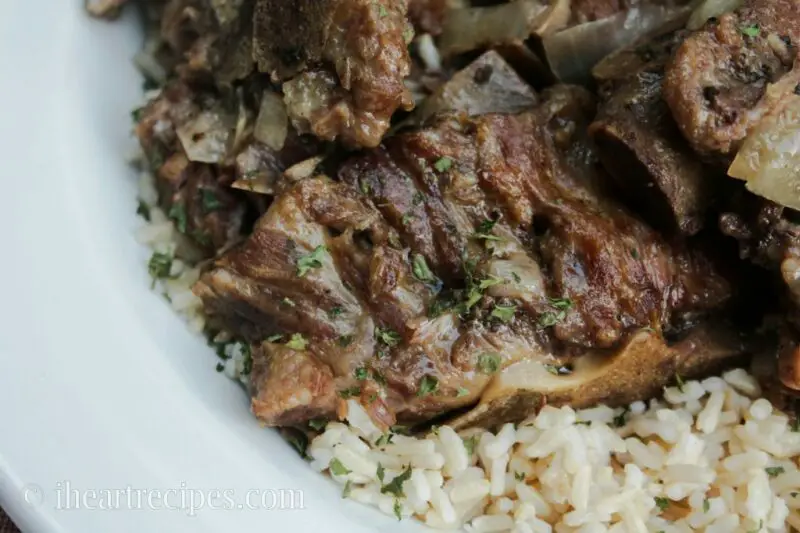Salmon is a popular type of fish worldwide, loved for its rich flavors and variety of nutritional benefits. However, consuming undercooked or improperly handled salmon can also result in food poisoning. In this article, we will explore whether it is possible to get food poisoning from cooked salmon, and what measures can be taken to prevent it.
## What is Salmon?
Salmon is a type of fish that belongs to the family Salmonidae. It is commonly found in the North Atlantic and Pacific Ocean and has a distinctive pink color. There are many different varieties of salmon, such as sockeye, king, coho, chum, and pink. Salmon is loaded with omega-3 fatty acids, protein, vitamin B12, and other essential nutrients that are important for good health.
## Food Poisoning: Causes and Symptoms
Food poisoning occurs when you consume contaminated food or water. It can lead to symptoms such as stomach cramps, diarrhea, vomiting, nausea, fever, and dehydration. There are various causes of food poisoning, including bacteria such as Salmonella and Listeria monocytogenes.
## Bacteria Found in Salmon
Raw or undercooked salmon can contain harmful bacteria that can lead to food poisoning. Common types of bacteria found in salmon include Campylobacter jejuni, Listeria monocytogenes and Salmonella. These types of bacteria can cause severe illness and even death in vulnerable populations like children or people with weakened immune systems.
## Cooking Salmon: Tips and Tricks
To avoid contamination before cooking salmon, it’s important to handle it properly. Here are some tips:
– Always wash your hands before handling salmon.
– Keep raw salmon separated from other foods.
– Refrain from washing raw salmon as it spreads bacteria throughout your kitchen.
When cooking salmon at home:
– Cook salmon to an internal temperature of 145 degrees Fahrenheit.
– Use a meat thermometer to ensure it has reached the appropriate temperature.
– Never serve salmon that is still translucent or raw.
## The Risk of Food Poisoning from Cooked Salmon
The likelihood of getting food poisoning from cooked salmon is relatively low as long as it’s cooked correctly. However, there are several factors that can increase the risk of getting sick, such as:
– Eating undercooked salmon
– Consuming salmon that has not been properly stored or handled before cooking
– Using contaminated utensils and surfaces while preparing salmon
To reduce the risk of getting sick from cooked salmon, always follow proper cooking methods and safety procedures. These steps will ensure that any harmful bacteria in the fish are eliminated during the cooking process.
## Debunking Myths About Salmon and Food Poisoning
There are many misconceptions about salmon and food poisoning. A common myth is that freezing salmon kills harmful bacteria, making it safer to consume. However, while freezing can kill some types of bacteria, it is not an effective method for eliminating all strains. It’s important to always cook salmon to a safe temperature to prevent food poisoning.
Another myth is that consuming raw salmon in sushi or sashimi dishes is safe. Unfortunately, this is not always true. Raw fish carries a higher risk of contamination and can cause food poisoning if not properly prepared.
## Treating Food Poisoning from Cooked Salmon
If you suspect you have food poisoning from cooked salmon, stay hydrated and let it pass through your system. If you experience severe symptoms like fever or dehydration, seek medical attention immediately.
## Prevention Tips for Avoiding Food Poisoning from Cooked Salmon
Here are some tips to help avoid food poisoning from cooked salmon:
– Always buy fresh salmon from reputable sources.
– Ensure that your seafood suppliers have high levels of inspection and quality control.
– Store raw salmon at 40 degrees Fahrenheit or below until ready for use.
– Don’t consume raw or undercooked salmon or other fish – always cook it to 145 degrees Fahrenheit.
## Conclusion
While cooked salmon is generally safe to eat, there is a risk of food poisoning if proper handling and cooking procedures are not followed. To minimize the risk of getting sick from salmon, always follow safe food handling guidelines and cook the fish to a safe internal temperature. By taking these precautions, you can enjoy this tasty and nutritious fish with peace of mind.
Frequently Asked Questions
Frequently Asked Questions About Eating Cooked Salmon and Food Poisoning
Can you get food poisoning from cooked salmon?
Yes, it is possible to get food poisoning from cooked salmon if it was not prepared or handled correctly. The main culprit is the bacteria called salmonella, which can contaminate raw or undercooked salmon, and sometimes survive the cooking process.
What are the symptoms of food poisoning from cooked salmon?
The symptoms may vary, but some of the most common ones include stomach cramps, nausea, vomiting, diarrhea, fever, and headache. These symptoms usually develop within a few hours to two days after consuming contaminated salmon.
How can you prevent getting food poisoning from cooked salmon?
To minimize the risk of food poisoning from salmon, always ensure that you purchase fresh and high-quality salmon from a reputable supplier. Properly cook the salmon until it’s fully done. Avoid cross-contamination in your kitchen by washing your hands and utensils thoroughly before handling other foods.
Can reheating cooked salmon reduce the risk of food poisoning?
Reheating cooked salmon won’t necessarily kill all the bacteria that might cause food poisoning. If you have any leftover cooked salmon that you want to reheat, make sure you heat it thoroughly until it’s steaming hot all the way through to kill any potential harmful bacteria that might still be present.
